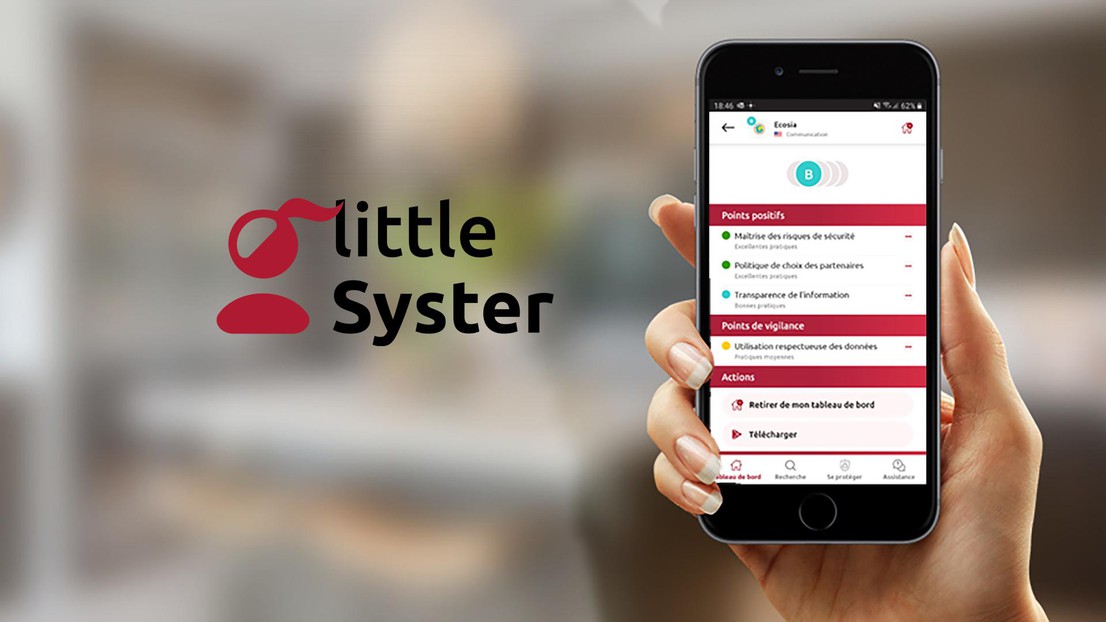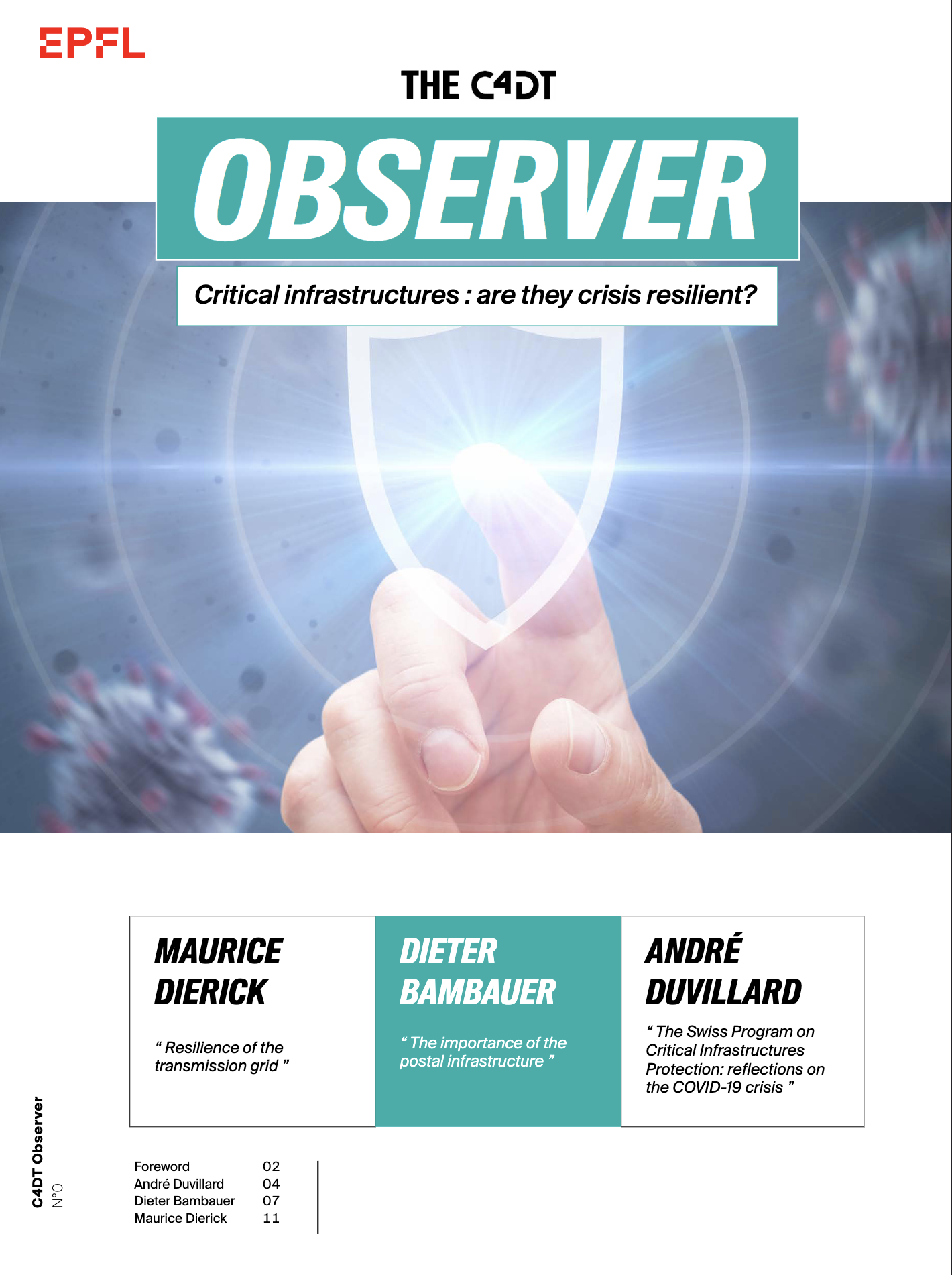[et_pb_section fb_built=”1″ admin_label=”Hero” _builder_version=”4.7.7″ background_color=”#a0c3d2″ background_color_gradient_direction=”271deg” hover_enabled=”0″ collapsed=”off” sticky_enabled=”0″ custom_padding=”||||false|false”][et_pb_row column_structure=”1_2,1_2″ make_equal=”on” _builder_version=”4.7.7″ background_color=”#0091aa” background_size=”initial” background_position=”top_left” background_repeat=”repeat” width=”100%” max_width=”100%” custom_margin=”||||false|false” custom_padding=”||||false|false” hover_enabled=”0″ border_color_all=”rgba(0,0,0,0)” border_style_all=”none” use_custom_width=”on” width_unit=”off” custom_width_percent=”100%” sticky_enabled=”0″][et_pb_column type=”1_2″ _builder_version=”3.25″ custom_padding=”60px|0px|100px|10%” custom_padding_tablet=”20px|10%|0px|10%” custom_padding_phone=”” custom_padding_last_edited=”on|desktop” custom_padding__hover=”|||”][et_pb_text _builder_version=”4.7.7″ text_font=”Merriweather||on||||||” text_text_color=”rgba(255,255,255,0.5)” text_font_size=”26px” text_line_height=”1.8em” header_font=”||||||||” background_layout=”dark” custom_margin=”||||false|false” animation_style=”slide” animation_direction=”top” animation_intensity_slide=”10%” text_line_height_tablet=”1.8em” text_line_height_last_edited=”off|desktop”]February 7-11th, 2022, online[/et_pb_text][/et_pb_column][et_pb_column type=”1_2″ _builder_version=”3.25″ custom_padding=”|||” custom_padding__hover=”|||”][/et_pb_column][/et_pb_row][et_pb_row (…)

For the Travel & Connectivity Week at Expo 2020, the Swiss Pavilion is going to look at the mobility sector from the eyes of digitalisation. Matthias Finger, C4DT affiliated Professor, will be moderating the event.
This C4DT partner workshop will take place online and is by invitation only.
For all C4DT partners: Please send us an email if you are interested in participating. This workshop is limited to 20 participants. We still have few “screens” open.

Artificial Intelligence holds great promise for the economy and society. It has also led to the explosion of new ethical challenges, such as biased decision making, filter bubbles, data protection, face recognition, deep fakes and cyber security.
During this week we aim to create awareness of the ethical and privacy dilemmas with AI, explored from 4 different angles – business impact, cultural, technological and regulatory.
For more information, please click below
This work aims at creating a Proof of Concept of storing and managing data on a blockchain. This work answers the following two use-cases: (i) compliant storage, transfer and access management of (personal) sensitive data and (ii) compliant cross-border or cross-jurisdiction data sharing.
DEDIS brings to the table a permissioned blockchain and distributed ledger using a fast catch up mechanism that allows for very fast processing of the requests, while staying secure. It also includes a novel approach to encryption and decryption, where no central point of failure can let the documents be published to outsiders (Calypso). Swiss Re brings to the table interesting use cases which will require DEDIS to extend Calypso to implement data location policies.
In this collaboration (structured in two projects) we develop an automated tool to flag messages sent by planes which are suspicious of using weak encryption mechanisms. We mainly focus on detecting the use of classical ciphers like substitution and transposition ciphers. The tool flags messages and identifies the family of ciphers. We also aim to develop automated decryption techniques for the weakest ciphers.
In this project, we work on providing a privacy-preserving biometric solution for humanitarian aid distribution. The project seeks to understand the requirements of aid distribution in emergency situation and design a solution that enables the use of biometrics without endangering the beneficiaries that need access to aid.
After 18 months of responding to the COVID-19 pandemic, there is still no agreement on the optimal combination of mitigation strategies. The efficacy and collateral damage of pandemic policies are dependent on constantly evolving viral epidemiology as well as the volatile distribution of socioeconomic and cultural factors. This study proposes a data-driven approach to quantify the efficacy of the type, duration, and stringency of COVID-19 mitigation policies in terms of transmission control and economic loss, personalised to individual countries.
We consider a web-scale application within a datacenter that comprises of hundreds of software components, deployed on thousands of servers. These versatile components communicate with each other via Remote Procedure Calls (RPCs) with the cost of an individual RPC service typically measured in microseconds. The end-user performance, availability and overall efficiency of the entire system are largely dependent on the efficient delivery and scheduling of these RPCs. We propose to make RPC first-class citizens of datacenter deployment. This requires a revisitation of the overall architecture, application API, and network protocols. We are also building the tools that are necessary to scientifically evaluate microsesecond-scale services.

Personalized medicine is set to revolutionize healthcare, yet large-scale research studies towards better diagnoses and targeted therapies are currently hampered by data privacy and security concerns. New global collaborative research has developed a solution to these challenges, described in Nature Communications.

In this talk, we address the problem of privacy-preserving training and evaluation of neural networks in an N-party, federated learning setting.
The health and well-being of our visitors, partners, employees and suppliers are at the heart of our concerns. Faced with a very changing situation, the FIC organisation team is fully mobilized, in constant contact with the competent authorities and all the people involved, to welcome you all in the best possible sanitary conditions. In this (…)
RegHorizon and ETH Zurich’s Center for Law and Economics have partnered since 2019 to create an unbiased platform for a timely multi-stakeholder discussion among policy makers, academia, business and society focusing on challenges that AI technologies pose and exploring relevant policy solutions to address them.
The 2nd AI Policy Conference continues the multi-stakeholder dialogue started last year with leading experts to explore the use of public policy and societal engagement to capture the benefits of artificial intelligence, minimize its risks and enhance its adoption.
For more information click below.

Giving back to citizens the control of their private life in the face of digital technology: this is the mission of the French company Little Syster. Launched in 2020, it uses a technology based on artificial intelligence that was developed at the LSIR EPFL laboratory headed by C4DT affiliated Prof. K. Aberer.
If weakening encryption through legislation or judicial orders is not the right solution, are there other ways to reconcile privacy, security and public safety? How can policymakers ensure a coherent approach on apparently divergent policy objectives? What can the EU do to promote encryption? Can government agencies develop new investigative techniques without undermining encryption?
Current digital trends and innovation, including artificial intelligence, cybersecurity, data privacy, blockchain and digital trust, are rapidly changing and disrupting the way donors, employees, and beneficiaries interact with each other. Technology can be a powerful tool for philanthropic and non-profit organizations, accelerating their digital transformation through automating and streamlining business processes, using digital platforms, and leveraging data and analytics in new ways that enhance their efficiency and social impact.
Ten years ago CRITIS 2011 was held in Lucerne. On September 27, 28 & 29, 2021, the 16th International Conference on Critical Information Infrastructures Security (CRITIS 2021) will be back in Switzerland and take place at the EPFL SwissTech Convention Center. CRITIS 2021 aims to bring together researchers, professionals from academia, critical (information) infrastructure operators, industry, defence and governmental organizations working in the field of critical infrastructures protection (CIP).
On our C4DT publications page, you will find a wealth of information on our latest research in the digital trust space. Our publications are organized into different categories, including Focus, Observers, Public Events, Annual Report, Factory and Digital Governance and Policy.
C4DT’s Factory provides a hands-on technical training for C4DT partners on a tool called Calypso. This tool allows to store secrets on a blockchain, and to dynamically update the access control. The hands-on training has been initiated by a request from SICPA. They were looking for a way to store the private keys used in (…)

Epidemiologist and member of the Swiss scientific task force Marcel Salathé has just taken over as head of the national Covid-19 research programme. For “Le Temps”, he looks back on the promises of science in the face of the pandemic. Read the article in French by clicking below.

October’s EIC ePitching with Investors brought together eight highly innovative EIC-backed SMEs with six investor firms to pitch on Fintech, Insurtech and Blockchain applications. This month’s edition awarded Swiss-based Quantum Integrity for its efforts in AI powered deep fake and image forgery detection. CEO Anthony Sahakian’s startup is located at EPFL Innovation Park and is advised by EPFL’s Multimedia Signal Processing Group, led by C4DT-affiliated Prof. Touradj Ebrahimi.
Please click below to read the European Innovation Council’s announcement.
Some notes from https://lethain.com/managing-technical-quality/ – most of the comments are copy/pasted, so ‘I’ is the author… In italic some more C4DT-specific notes. Technical quality is a long-term game. There’s no such thing as winning, only learning and earning the chance to keep playing. Do the quick stuff first! Hot Spots Before defining new processes, measure (…)

On September 27 Switzerland votes for the first time since the COVID-19 pandemic began, including on a contentious initiative to end the free movement of workers with the European Union. Predikon will be predicting the final outcome within minutes of the release of the first partial municipal results from the Swiss Federal Statistical Office.
Please click below for more info.








